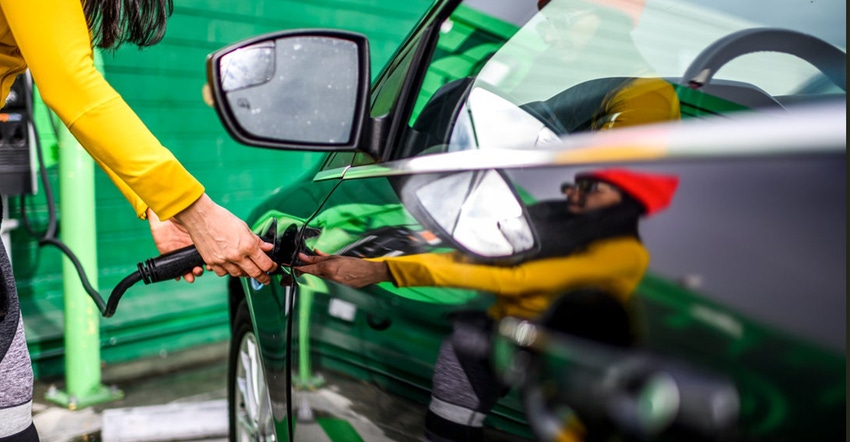As the use of technology grows globally, U.S. consumers fail to know how to dispose of their batteries properly. New research from Ascend Elements explores what Americans think about EV technology and its lifecycle.

As the use of technology grows globally, U.S. consumers fail to know how to dispose of their batteries properly.
New research from Ascend Elements explores what Americans think about EV technology and its lifecycle. The company asked 1,004 American consumers about their perceptions of electric vehicles. An independent research firm was hired to solicit and collect responses.
While 53 percent of U.S. consumers say their attitude towards EVs is more positive than it was three years ago, many still think tradition combustion engines reign supreme. Forty-seven percent of survey takers said they think that lithium-ion batteries cannot be recycled, and others - 37 percent - were unaware that batteries canbe made from recycled versus raw materials.
"Battery materials like lithium, nickel and cobalt are infinitely recyclable," Ascend Elements stated. "The critical materials in lithium-ion EV batteries can be recycled over and over without performance loss."
Other key findings about U.S. consumers and their perceptions of electric vehicles include:
41 percent of US consumers do not think EVs are better for the environment than gas-powered cars.
43 percent of US consumers think that manufacturing an EV uses a lot more energy than manufacturing a similar-sized gas-powered vehicle.
59 percent of US consumers think that lithium-ion EV batteries make cars more expensive.
Even though fewer than half of respondents said they do not think electric vehicles have less environmental impact, 60 percent of U.S. consumers indicated that lithium-ion electric vehicle batteries are “greener” than internal combustion engines.
Read more about the research here.
About the Author(s)
You May Also Like


